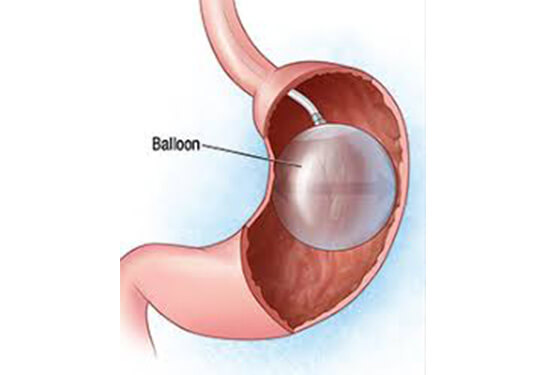Balloon for Weight Loss Cost: A Comprehensive Guide

Introduction
In recent years, the quest for effective and less invasive weight loss solutions has led many individuals to explore alternatives to traditional weight loss surgeries. One such option gaining popularity is the “balloon for weight loss.” This non-surgical approach offers promising results without the risks associated with major surgeries. In this article, we’ll delve into the details of balloon weight loss, including the cost, benefits, and considerations for those contemplating this procedure.
Understanding Balloon Weight Loss
What Is a Balloon for Weight Loss?
A balloon for weight loss, also known as an intragastric balloon, is a medical device designed to help individuals lose weight. It is typically inserted into the stomach in a deflated state and then inflated to occupy space, thereby reducing the stomach’s capacity for food.
How Does It Work?
Once inside the stomach, the balloon restricts the amount of food a person can consume by creating a sensation of fullness even after eating a small meal. This reduced food intake contributes to weight loss.
The Cost of Balloon Weight Loss
Factors Influencing Cost
The cost of a balloon for weight loss can vary significantly depending on several factors:
- Location: The geographical location of the medical facility can impact the price, with major cities often having higher costs.
- Medical Provider: The reputation and experience of the medical provider or clinic performing the procedure can influence pricing.
- Type of Balloon: There are different types of intragastric balloons available, and their costs may differ.
- Additional Services: Some clinics offer comprehensive weight loss packages that may include dietary counseling, follow-up appointments, and more, affecting the overall cost.
Average Cost
On average, the cost of a balloon for weight loss in the United States ranges from $6,000 to $12,000. This price typically includes the cost of the balloon insertion procedure, medical assessments, and follow-up appointments.
Insurance Coverage
It’s important to note that many insurance plans do not cover the cost of intragastric balloons because they are considered elective procedures. Patients should check with their insurance providers to determine coverage options.
Benefits of Balloon Weight Loss
Non-Surgical Approach
One of the primary advantages of balloon weight loss is that it is a non-surgical procedure. This means reduced recovery time and fewer associated risks compared to traditional weight loss surgeries like gastric bypass or sleeve gastrectomy.
Effective Weight Loss
Intragastric balloons have been shown to be effective in helping patients lose weight. On average, individuals can expect to lose 20-50 pounds during the six-month period the balloon is in place.
Temporary Solution
The intragastric balloon is not a permanent solution. After six months, it is typically removed, allowing patients to return to their regular eating habits.
Considerations Before Getting a Balloon for Weight Loss
Medical Eligibility
Before opting for an intragastric balloon, individuals should undergo a thorough medical evaluation to determine their eligibility. Patients with certain medical conditions may not be suitable candidates.
Lifestyle Changes
To achieve long-term success with balloon weight loss, individuals must be committed to making necessary lifestyle changes, including adopting a healthier diet and regular exercise.
Potential Side Effects
Like any medical procedure, there are potential side effects associated with intragastric balloons, including nausea, vomiting, and discomfort. Patients should be prepared for these possibilities.
Conclusion
Balloon weight loss is an innovative and effective approach for those seeking to shed excess pounds without undergoing major surgery. While the cost may vary, the potential benefits, including non-surgical convenience and effective weight loss, make it an attractive option for many. However, it’s essential to consider your individual circumstances, medical eligibility, and willingness to commit to lifestyle changes before deciding on this procedure.
FAQs
- Is balloon weight loss suitable for everyone? Balloon weight loss is not suitable for everyone. It is essential to undergo a medical evaluation to determine eligibility.
- Are there long-term effects of balloon weight loss? The effects of balloon weight loss are typically temporary. After removal, maintaining a healthy lifestyle is crucial for lasting results.
- Are there risks associated with intragastric balloons? Yes, there are potential risks and side effects, including nausea and discomfort. These should be discussed with your healthcare provider.
- Is the cost of the balloon for weight loss covered by insurance? In many cases, insurance does not cover the cost of intragastric balloons. Patients should check with their providers for specific coverage details.
- How much weight can I expect to lose with a balloon for weight loss? On average, individuals can lose between 20 to 50 pounds during the six-month period the balloon is in place.



